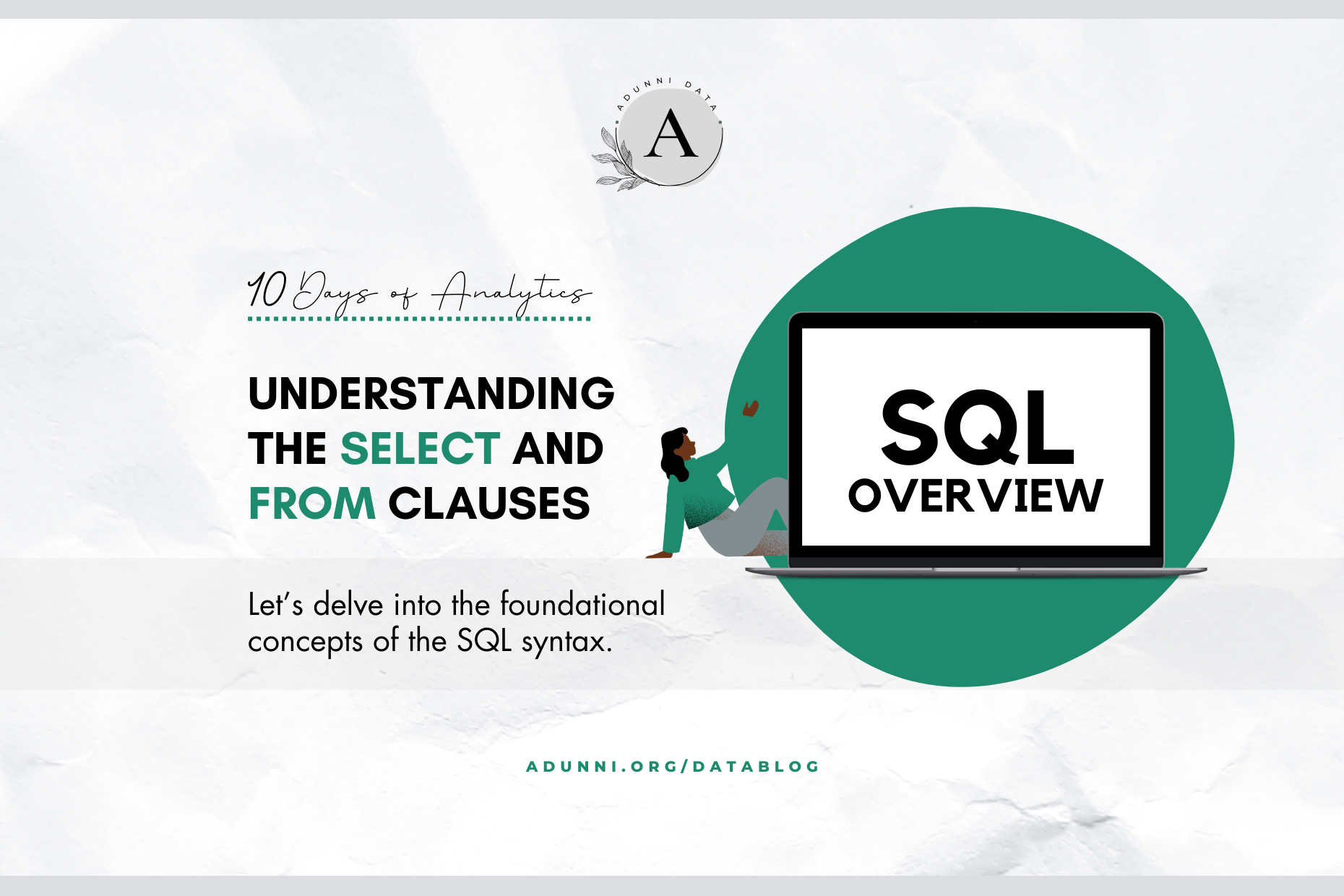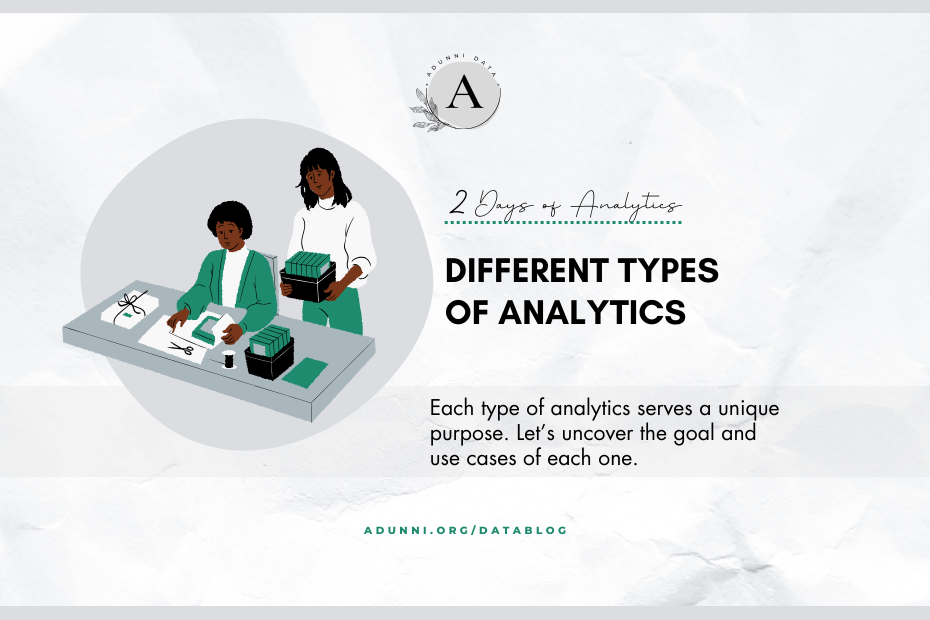Data-related roles have become increasingly diverse, each with its unique responsibilities and skill sets. Whether you’re a data enthusiast looking to enter the field or an organization seeking to build a data team, understanding the various data roles is crucial. Let’s explore the key data roles and what they entail.
Data Analyst
- Responsibilities: Data analysts are responsible for collecting, cleaning, and interpreting data to extract insights and inform decision-making. They create reports and visualizations to communicate findings to non-technical stakeholders.
- Skills: Data analysis, data visualization, proficiency in tools like Excel, SQL, Tableau, or Power BI.
- Industries: Data analysts are employed across various sectors, including finance, marketing, healthcare, and e-commerce.
Data Scientist
- Responsibilities: Data scientists are tasked with advanced data analysis and modeling. They use statistical methods, machine learning, and data mining to solve complex problems, develop predictive models, and uncover valuable patterns in data.
- Skills: Programming (Python, R), machine learning, statistical analysis, data engineering, domain expertise.
- Industries: Data scientists are prevalent in tech, healthcare, finance, and research.
Data Engineer
- Responsibilities: Data engineers design, build, and maintain the data infrastructure. They ensure data pipelines are efficient, reliable, and can handle large volumes of data. Data engineers often work closely with data scientists and analysts to provide them with access to the necessary data.
- Skills: Database management, ETL (Extract, Transform, Load) processes, programming (e.g., Python, Java), knowledge of big data technologies.
- Industries: Data engineers are essential in organizations dealing with substantial data volumes, such as tech companies and e-commerce.
Data Architect
- Responsibilities: Data architects design the structure and organization of data systems. They create data models, define data standards, and ensure data solutions align with business goals.
- Skills: Data modelling, database design, architecture principles, data management.
- Industries: Data architects are crucial in industries like finance, healthcare, and e-commerce with complex data needs.
Data Manager
- Responsibilities: Data managers oversee data teams, ensuring data projects are completed successfully. They set data strategy, manage data assets, and ensure data quality and security.
- Skills: Leadership, project management, data governance, team management.
- Industries: Data managers are found in diverse sectors, particularly in organizations with significant data operations.
In Summary
The world of data is vast, and it’s expanding every day. Understanding the different data roles is essential for individuals looking to pursue a career in data and for organizations seeking to build effective data teams.
Each role contributes a unique set of skills and expertise to the data ecosystem, ultimately helping organizations make data-driven decisions and gain a competitive edge in today’s data-centric landscape
Did you learn anything new? Share your new insights with us on Facebook, LinkedIn or Instagram and don’t forget to tag us!



